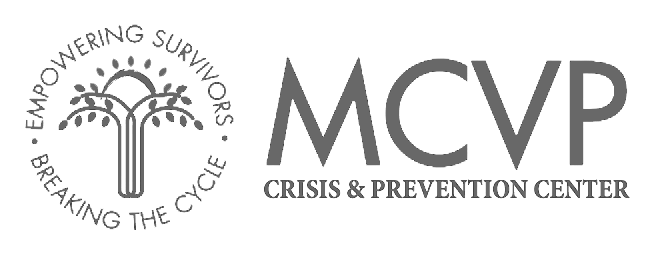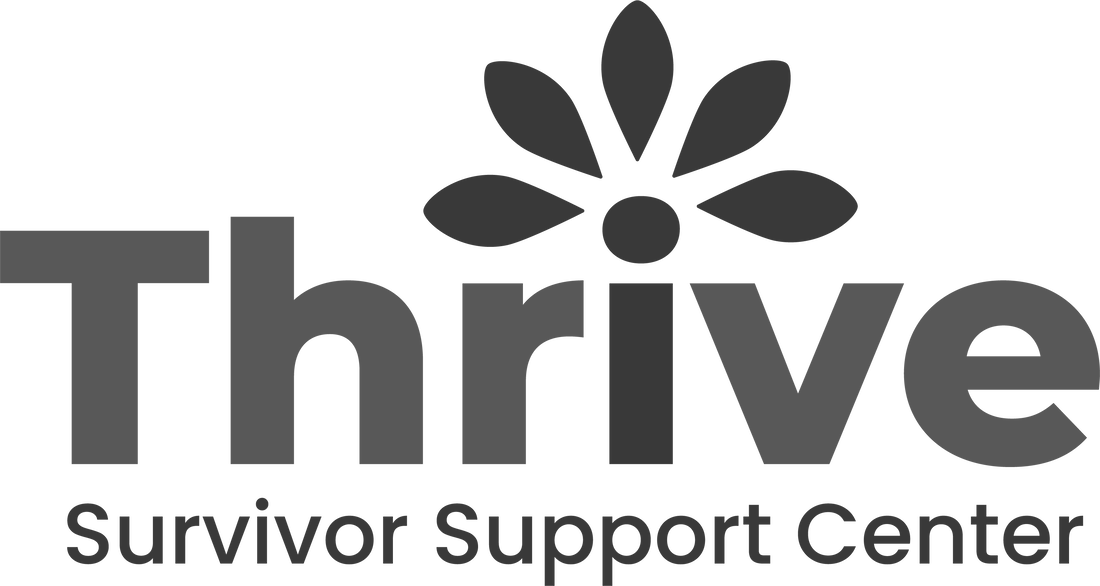GET HELP NOW
Last year, eight teams turned out to play and raised $5,600 for the New Hampshire Coalition Against Domestic and Sexual Violence and for Drug Free NH
“Parole is a privilege, not a right, and this decision prioritizes an offender’s privilege over the rights of their victim,” Amanda Grady Sexton, director of public affairs for the New Hampshire Coalition Against Domestic and Sexual Violence, said in a statement. “This drastic change in procedure is a significant deviation from current practice and a significant step backwards for the rights of victims. This decision should not have been made without the input from the victim advocacy community.”
The possibility that future hearings could be closed to the public has drawn sharp criticism from the victim advocacy community. Advocates said they fear further limitations on crime victims who may want to keep abreast of an offender’s release plans or respond to issues as they arise during a hearing.
“Meaningful input from crime victims should help guide the parole board’s decisions about the status of a convicted offender,” said Amanda Grady Sexton, director of public affairs for the New Hampshire Coalition Against Domestic and Sexual Violence. “The information victims provide can be critical when determining an offender’s potential risk to the victim and to the public.” Grady Sexton said the fact that such a policy is even under consideration shows why amending the New Hampshire Constitution to include basic rights for crime victims is so important. A proposal to do just that was shot down by the House in late April after overwhelmingly passing the Senate weeks earlier. “Victims deserve the same guarantee offenders get: that their rights will be recognized and upheld,” she said. “Without the protections of the Constitution, these types of policy changes will continue to occur, and protections for victims will continue to be rolled back.”
Even though the alleged crimes ended 18 years ago, advocates are urging sexual assault survivors to call a crisis center and go to the police no matter how much time has passed.
“We always stand by the survivors,” said Jessica Eskeland, of the New Hampshire Coalition Against Domestic and Sexual Violence. “They're never alone in what they're dealing with.” NHCADSV isn’t involved with this case, but they urge survivors to come forward no matter how much time has passed. “There are confidential, free crisis center services across the state, and it's so important to reach out, not only for public safety, but to know what your options are as survivor,” Eskeland said.
The N.H. Coalition Against Domestic and Sexual Violence submitted testimony in support of protecting victim identities.
“We’re deeply disappointed with the committee’s rejection of a proposal to provide basic privacy rights to victims of crime,” said Amanda Grady Sexton, director of public affairs for the NHCADSV, in a statement after the advisory committee vote. “Unfortunately, all too often victims are faced with choosing between seeking justice and maintaining basic privacy rights in the wake of a crime,” she said. “Sadly, the committee did not see the value in adopting a modest measure that would have gone a long way in addressing the concerns of crime victims.
In supporting the adoption of the rule change, the New Hampshire Coalition Against Domestic and Sexual Violence said the age of “instant online sharing” demands a new layer of victim privacy.
“Keeping a victim’s name out of the media and off the Internet in no way impedes the public’s right to know that our court system is functioning fairly,” Director of Public Affairs Amanda Grady Sexton and Public Policy Specialist Jessica Eskeland said in a joint statement to the Monitor. “The media and the public do not have an absolute right to irrelevant information about victims of crime.” Grady Sexton said by phone Friday that one of the main reasons sexual assault victims cite for not reporting is fear of a significant loss of privacy – something they’ve seen play out firsthand in other cases. “No victim should have to choose between making a report and getting justice and their privacy,” she said. |
Archives
June 2024
Categories |
Our Supporting Partners
The 12 member programs of the New Hampshire Coalition Against Domestic and Sexual Violence provide services regardless of gender,age, health status (including HIV-positive), physical, mental or emotional ability, sexual orientation, gender identity/expression, socio-economic status, race, national origin, immigration status or religious or political affiliation.
Funding for this website was provided by The Corporate Fund.
New Hampshire Coalition Against Domestic and Sexual Violence
PO Box 353, Concord, NH 03302-0353
(603) 224-8893
New Hampshire Coalition Against Domestic and Sexual Violence
PO Box 353, Concord, NH 03302-0353
(603) 224-8893
NH web design by Harbour Light Strategic Marketing

 RSS Feed
RSS Feed












